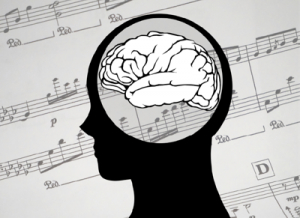Blogs
Displaying items by tag: science
Making Time For A Healthy Lifestyle - It's More Than Just Another Practice Routine
Congratulations!
You finally decided to take up piano lessons. Perhaps you have been thinking about taking lessons for a while but never came around to it for one reason or the other.
Now that you finally got your hands into the groove you're probably wondering what type of practice routine you should adopt. Of course, this will depend on where you want to take your new musical adventures. For some people they want a simple hobby to pass the time with every now and then while for others they might want to take a more serious approach and perhaps build a career around their musical talent.
Regardless of the method and frequency, you decide for how long your practice sessions should be, you should do your best to give your full attention and have a post tube and relaxed attitude as you play.
Tame Your Mind
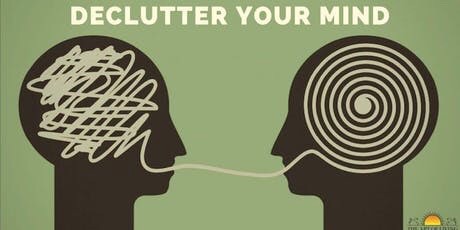
Because playing music engages the whole brain do you want to make sure that you begin each practice session by taking a few moments to take a few deep breaths, close your eyes, and relax until you feel the tension leave your body.
This is important because most of us spend our time looking up or down at a screen and our attention for the most part is carried away by so many random thoughts; be it from what's happening at work or at home or on social media. It's hard to stay focused when we have so many things going on in our minds. Do yourself a favor and disengage from the world around you so you can focus on the world within.
Don't Give Up
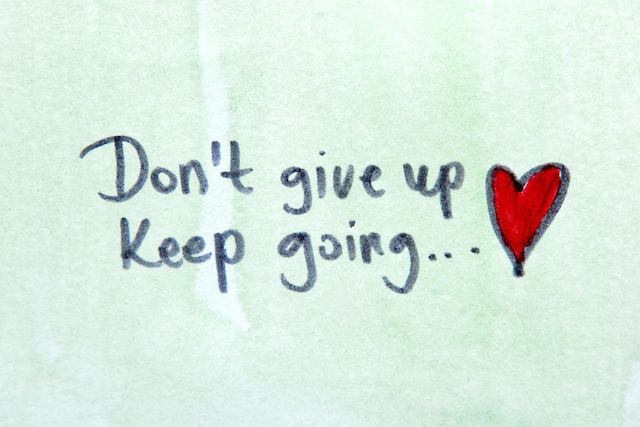
it takes time to develop proper hand and finger dexterity while building muscle memory during your piano practice. don't be hard on yourself or get overly frustrated if the piece you're trying to learn or compose is taking a long time to master. We all have our own pace and our own style of learning. It's normal to make mistakes and sometimes it might take weeks or months or even years to get that one piece right.
The only wrong note you will ever play is the one that is played without passion or done out of haste and frustration.
Take Care Of Your Body

Just like the strings on the piano or a guitar need to be tuned in order to play perfectly your body, mind, and spirit when in tune will provide you with peak performance not just with your music but also in other areas of your life.
You will feel more focused and alert with better concentration at your usual tasks. In many cases, you will find an added boost of energy to your vitality.
A proper diet will help you immensely as well. Don't practice on an empty stomach or if you finished working a double shift and are lacking sleep.
When And How Often?

To be honest with you here's what I think.
I've heard so many excuses in the past for people not making time to practice. However, by some miracle, they find the time to spend hours looking at useless information on social media no matter what time of day or night it is.
If you're one of these people then you certainly can't afford to take the time to create a stable routine for your new life's passion. Yes, I'm calling it a life passion because let's face it; whether we realize it or not we use music to express how we feel and our emotions several times a day. We listen to music to motivate and comfort us in the best and worst of times. Music is also very healing and in the times we're living in today we could all use a little extra healing. When you think about it that way it makes you realize how much more important each time you sit in front of your piano is.
If you can devote 30 to 60 minutes daily or every other day to simple mindful piano practice your life will improve in many ways that you never thought possible before. They say when you do physical exercise that it takes 20 to 25 minutes for your body to start burning fat. Using that same analogy at least 30 minutes of mindful practice will help you to retain what you learned much easier and will improve your memory over time.
Piano or music practice should not be a chore or something that you should be forced into doing. It should be something that you approach with a pleasant attitude each time. Just like a get-together with an old friend that will never let you down and will always be there for you no matter how long it's been since being apart.
I look forward to hearing about your musical journeys. Please feel free to comment and share your thoughts and experiences
Sources:
- https://med.stanford.edu/news/all-news/2007/07/music-moves-brain-to-pay-attention-stanford-study-finds.html
- https://www.ncbi.nlm.nih.gov/pmc/articles/PMC6502424/
- https://www.mcgill.ca/spl/files/spl/palmermemory.pdf
- https://www.ncbi.nlm.nih.gov/pmc/articles/PMC3115284/
- https://wp.stolaf.edu/musician-health/nutrition-eating-and-singing/
- https://www.ncbi.nlm.nih.gov/pmc/articles/PMC3814522/
10 Amazing Benefits of Learning To Play The Piano
If you took lessons for years as a child, or never took any lessons at all, here's some good news for you!
It's never too late to start playing! With that in mind, here are 10 good reasons and amazing benefits of learning to play the piano!
-
Prevents Brain Processing, Hearing and Memory Loss

The ability to process auditory signals usually slows down as we age. However, participants of a recent study who continued to play music throughout their lives had helped reverse the decline of brain processing, memory, and inner ear hearing loss.
Source: ABC News
-
Improved Counting & Math Skills
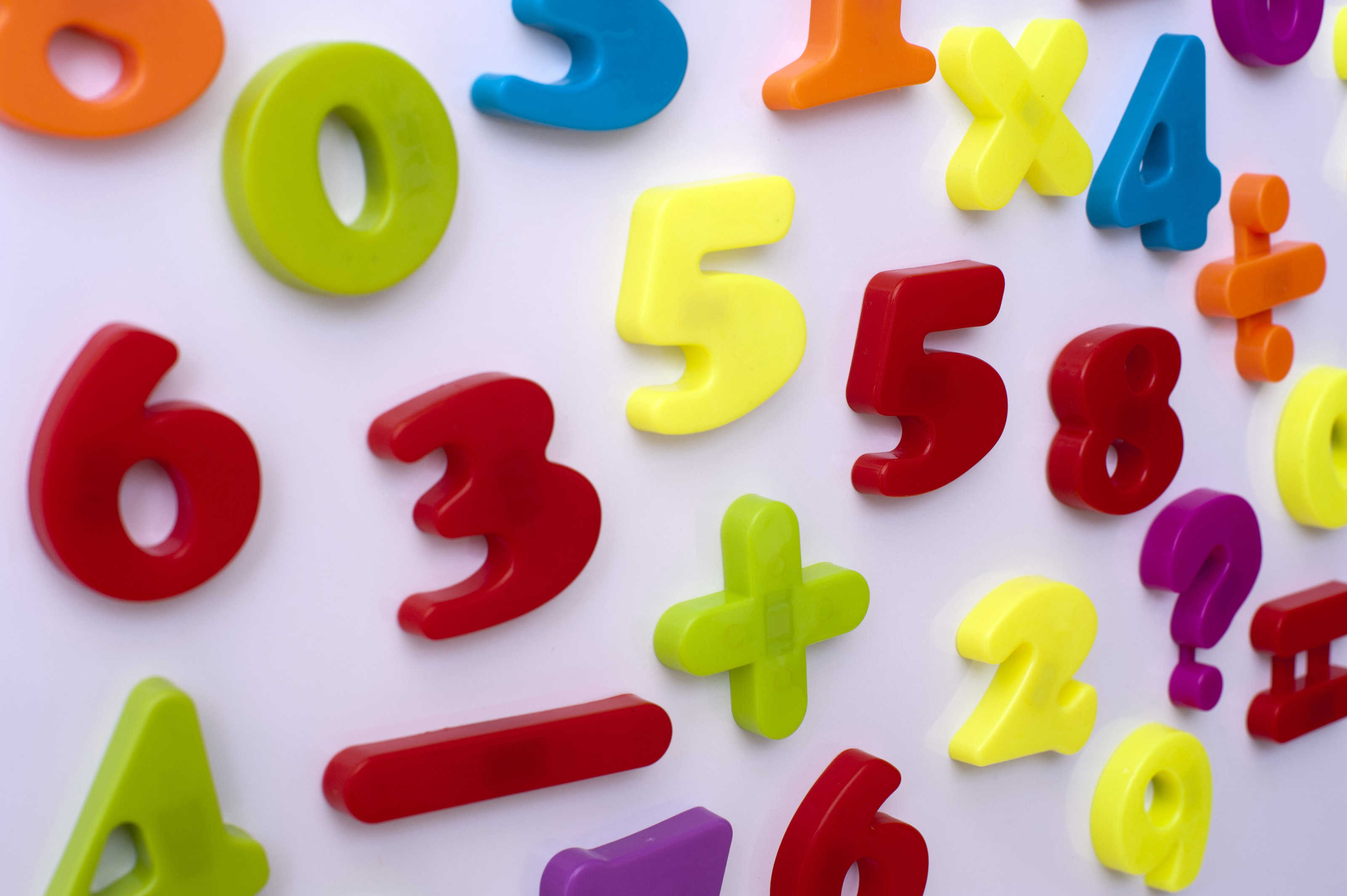
A study conducted by Martin F. Gardiner and his colleagues at the Center for the Study of Human Development at Brown University found that specialized musical training in specific increments toward greater difficulty boosted second graders’ math skills significantly above their peers.
Source: Brain Connection Education Week
-
Exercising New Language Skills
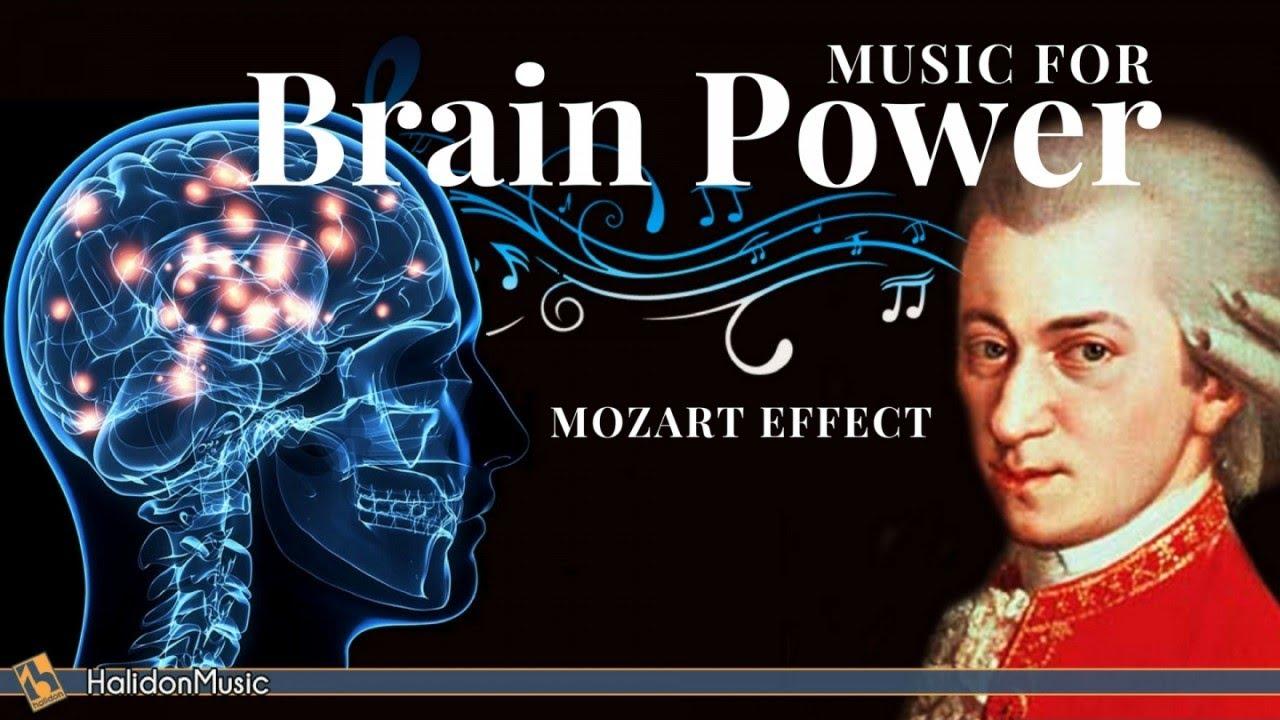
A study in the early 1990s discovered the “Mozart effect” in children, which showed early language development and spatial-temporal intelligence could be boosted by keyboard lessons for preschoolers.2 Additionally, a study by Dr. Charles Limb showed that pianists who solo use their brains linguistically as if they were responding conversationally and grammatically.
Source: Brain Connection & SciePub & Huffington Post
-
Improves Reading Comprehension

A 1993 study summarized in the Educational Psychology journal showed that the ability to discriminate between pitch, which is a fundamental ability you learn when playing piano, was linked to good reading performance. Additionally, learning to memorize music before performance exercises reading comprehension skills and the portion of your brain responsible for recall.Source: Brain Connection & Musician Brain
-
Practice with Time Management & Organization

As with any responsibility or hobby, learning to add it to your daily routine and make time to do it requires good time management. Playing piano and other instruments that demand a routine practice schedule are particularly effective in challenging one’s ability to manage and organize their time. For children, learning to play piano, juggling lessons, practice, and fun play, is a great way to teach these lifelong skills.
Source: Ezine Articles
-
Requires Concentration, Discipline & Patience

Multiple areas of the brain light up when playing music. Scientists studying the brains of musicians as they play music have found that the discipline of playing music is the equivalent of a full-body brain workout. Strengthening multiple areas of the brain, including our ability to concentrate, focus and apply knowledge, playing music allows us to exercise our brain similarly in other areas. So, it should not be surprising that starting to play the piano will trigger increased patience, concentration, and discipline in other areas of your life.
Source: TED
-
Changes Brain Structure and Mental Ability

Many people define themselves as good or not good at music. You’ve heard people say before, “I’m not musical at all!” Gottfried Schlaug, director of the music and neuroimaging lab at Beth Israel Deaconess and Harvard Medical School in Boston, has confirmed through multiple studies that some people’s brains are indeed better suited for learning music. However, all humans can benefit and even change the way their brain processes information and learn new skills by learning to play the piano.
Source: The Guardian
-
Boosts Self-Esteem

In a 2014 study of fourth-grade students in public schools in Canada, children who received individual piano lessons for three years tested higher on self-esteem measures and school music achievement tests. Learning to play piano and experiencing the excitement of mastery after learning a piece of music is an incredibly powerful way to boost one’s confidence.
Source: Sage Pub Journals
-
Expands Cultural Knowledge

In a 2016 study of Amazonian women and men, musical preference was found to be strictly cultural and not hardwired into our brains. Counter to past assumptions about our brains’ preferences of dissonant versus consonant chords, the study’s findings support learning to play piano as one way to expand our cultural knowledge of different sounds, styles, and types of music. Especially for children, this exposure is critical to encouraging early open-mindedness and cultural diversity.
Source: Science Daily
-
Reduces Stress & Anxiety

A 2013 article published by the National Library of Medicine found that piano practice can actually help treat depression and alleviate stress in elderly adults. Despite the studied demographic being older adults, these findings are encouraging of all ages that piano practice can serve as a holistic and natural treatment for depression and mood disorders.
Source: NCBI
I hope you find this information helpful and that it encourages you to take up lessons today! It's one of the best gifts you can give yourself that will last a lifetime!

Subscribe to our newsletter for the latest news and trends in music and digital media.
Our Services
Get in Touch
Digital Media Camps
61 16th Street
Roxboro, Quebec CANADA
H8Y 1P1
1-800-847-7820
TOLL-FREE Canada & USA


